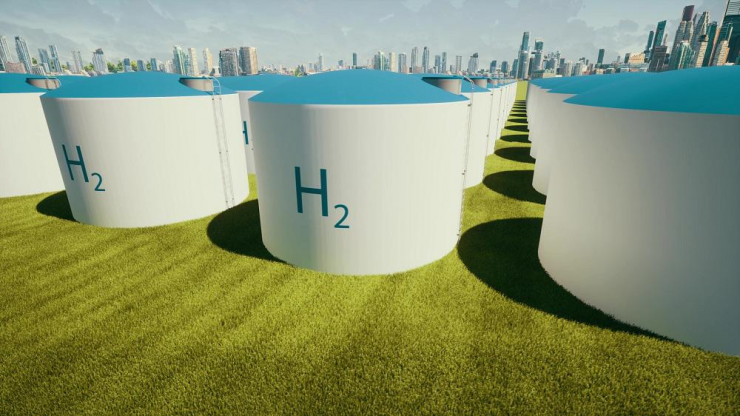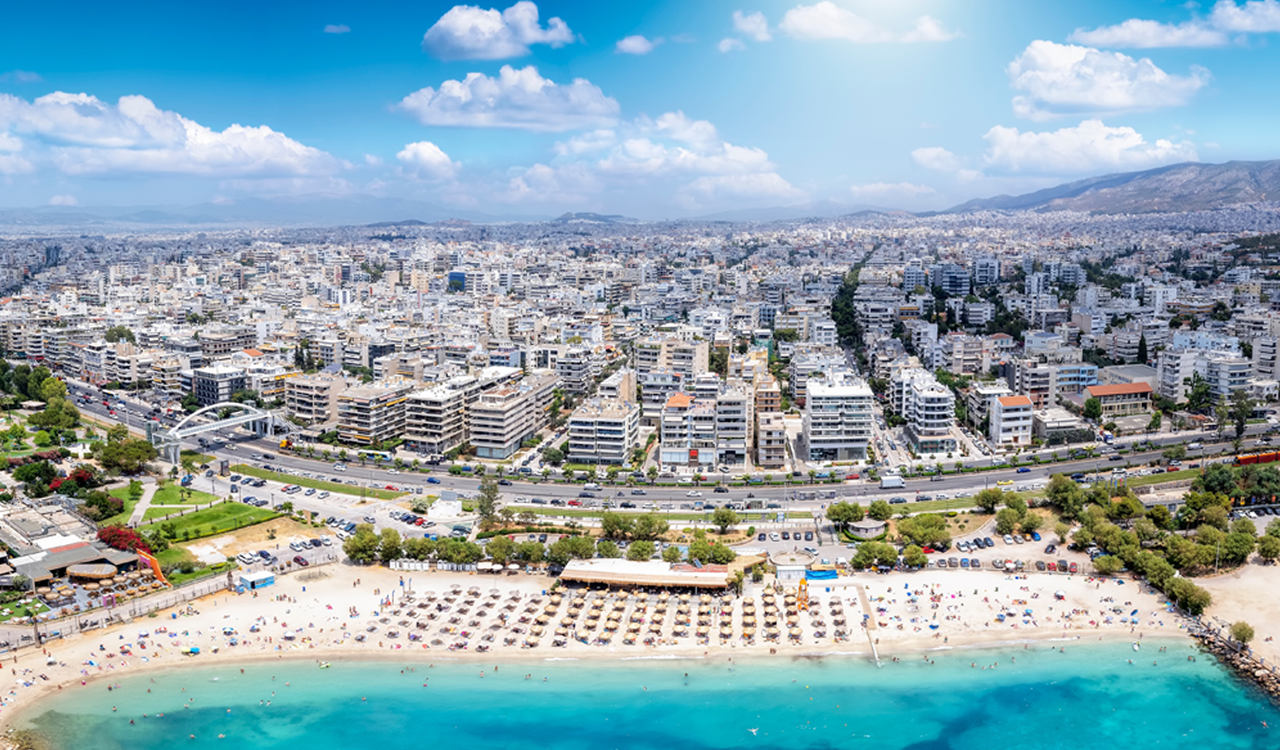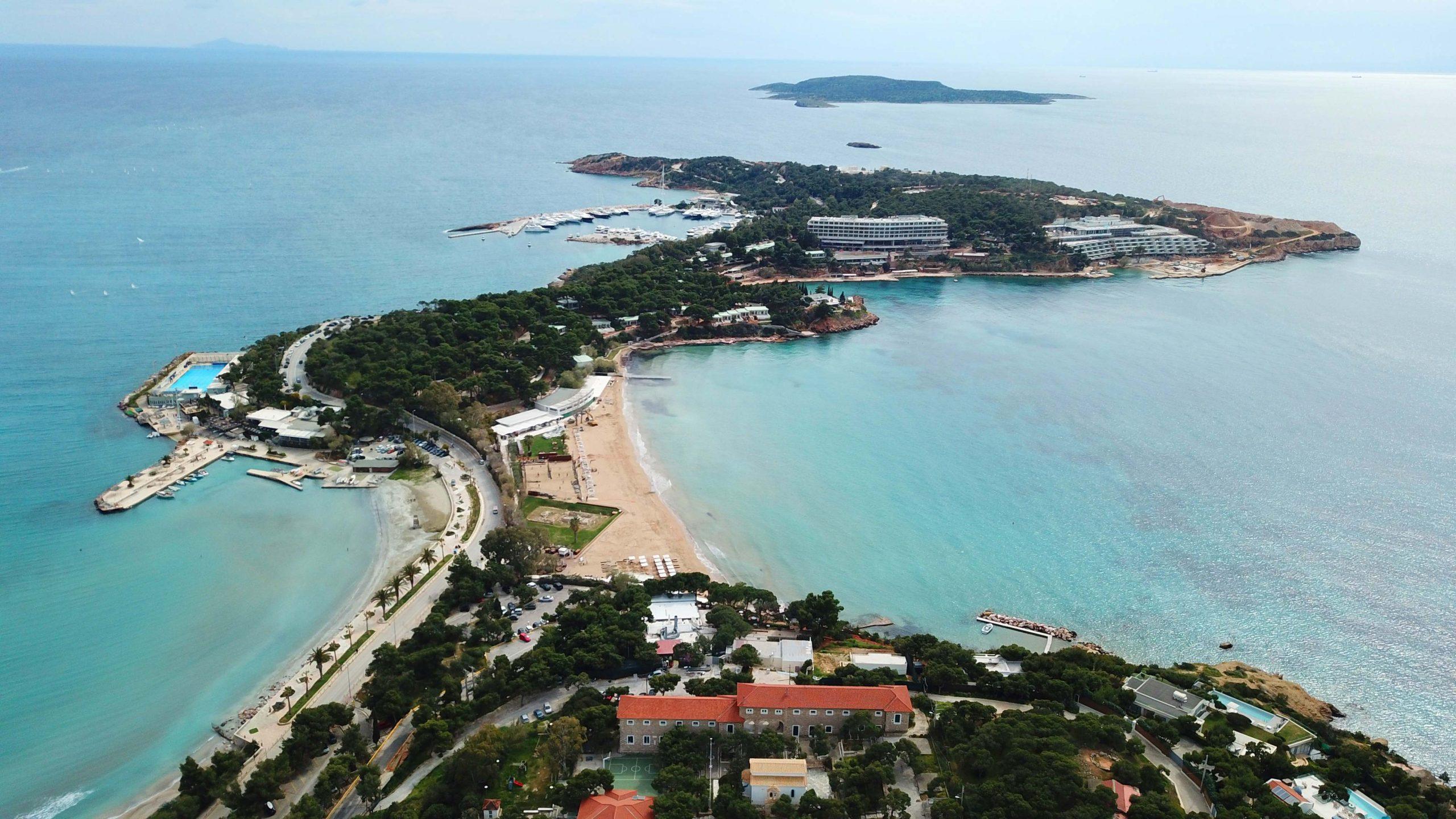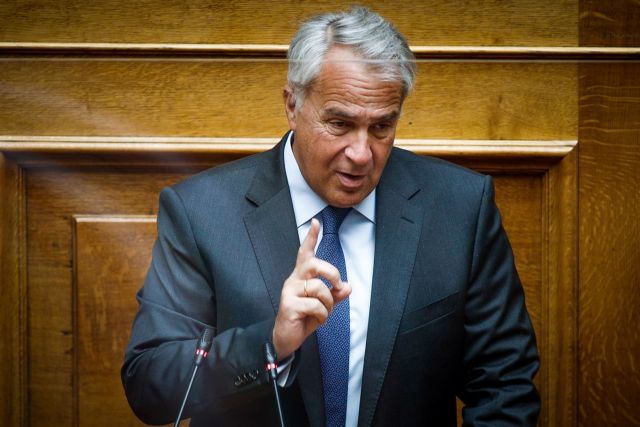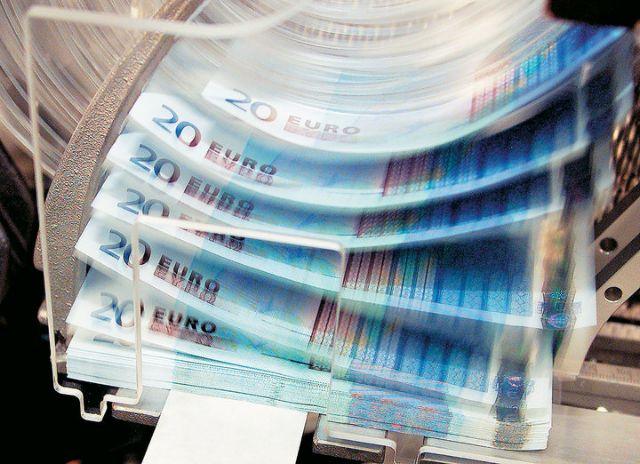The main points of the “National Strategy for the Promotion of Technologies – Applications of Hydrogen and Renewable Gases” will be presented next Monday, at an event organized in Zappeion Hall for the European Hydrogen Strategy and the Hydrogen Bank.
Thus, a day before the directions for the scaling up of a global hydrogen economy were “locked” in the context of a debate scheduled for Tuesday in the context of the 27th United Nations Conference on Climate Change (COP27), the head of the Greek committee, Professor Pantelis Kapros, will talk about the drawing up of a National Strategy. At the same time, the Ministers of Development and Climate Crisis Mr. Adonis Georgiadis and Christos Stylianidis will analyze the government’s plans to make the country an energy hub, including hydrogen in the equation.
The draft of the national strategy was delivered by the scientific working group to the political leadership of the Ministry of Environment and Energy at the beginning of last summer and was presented by Sunday’s edition of VIMA newspaper and OT last June.
According to this strategy, the proposed hydrogen development program in Greece for 2030 envisages the domestic production of 3,500 GWh (gigawatt-hours) of hydrogen from electrolysis, with a total capacity of 750 MW (megawatts), which will be supplied by the power generation of renewable energy projects, with a capacity of 3 GW (80 % photovoltaic and 20% wind). The produced “green” hydrogen will mainly replace natural gas and partly petroleum in the fields of refineries, industry, and transport.
After all, hydrogen has already been included in the Commission’s “REPowerEU” toolkit, in which a target has been set for the production of 10 million tons of green hydrogen and the import of another 10 million tons of “green” hydrogen by 2030. However, as the cross-border hydrogen infrastructure is still immature, the total investment needs for key categories of hydrogen infrastructure are estimated to be in the range of €28-38 billion for EU internal pipelines and €6-11 billion for storage. To facilitate the import of 10 million tonnes of ‘green’ hydrogen, the Commission aims to support the development of three major ‘corridors’ through the Mediterranean, the North Sea and, conditions permitting, through Ukraine. At the same time, recently the president of the European Commission, Mrs. Ursula von der Leyen, announced the creation of a new European Hydrogen Bank.
Hydrogen in transport and industry
The sectors of development of the hydrogen market in Greece, according to the plan of the National Strategy, will be as a priority the substitution of gray hydrogen in refineries and ammonia, as well as the supply of means of transport for which hydrogen presents a comparative advantage, either directly or through use of synthetic fuels produced from hydrogen. Synthetic fuels will primarily fuel air and maritime transport.
The new applications of renewable gas – in the first stages biomethane from biogas – will be primarily in its blending in gas networks to supply domestic and commercial consumers, as well as to supply means of transport. Traditional biogas will remain for cogeneration applications or for small power plants.
According to the plan, all sectors will drastically reduce the use of petroleum products and approach full climate neutrality by 2050. But already by 2030, the target includes significant shares of hydrogen and climate-neutral fuels in selected applications of the transport sector as well as development of the relevant fueling infrastructure in concentrated, preferably, fueling stations.
The transition to a climate-neutral structure and technology is considered by the authors of the national plan to be difficult in the industrial sector due to the technological difficulties as well as the conversion costs. The metal industry in Greece today relies heavily on electricity. Therefore, hydrogen applications in this sector concern thermal uses only, which mature over a long period of time and are relatively small in size. In the field of non-metallic minerals, where the cement industry has a prominent position, there are technical and financial difficulties for using hydrogen in furnaces. The baseline scenario for Greece assumes that the obstacles can be overcome in the long term. For the chemical industry and in particular for non-energy uses of hydrogen, such as in ammonia production and various uses in petrochemicals, the scenario considers that there may be priority development. Thus, the uses of hydrogen in the chemical industry are predicted to be second only to non-metallic minerals. The rest of the industrial sectors can use hydrogen in thermal uses mainly through the distribution of gaseous fuels.
Hydrogen in building infrastructure
The central scenario of the draft of the National Strategy for Hydrogen considers as a priority the electrification of thermal uses in the building sector, alongside energy upgrading of buildings. However, it maintains the supply and use of gaseous fuels through the distribution networks, especially in the medium term, but envisages the gradual reduction of the carbon footprint of the distributed gas through the blending of biomethane in the short term, then green hydrogen, especially in the medium term, and longer term synthetic (climate neutral ) of methane. The scenario envisages a complete elimination of petroleum products in the fuel mix for thermal uses in buildings by 2035 at the latest.
For the housing sector, the scenario envisages an expansion of gas distribution in the short term with the aim of completely replacing oil, and then a gradual reduction of gas quantities, due to electrification and energy upgrading of homes, but without reaching levels lower than the consumption of 2020 in a long-term horizon. But gas distribution will be based on a near-zero carbon footprint from about 2040 onwards.
The scenario envisages a relatively small participation of green gas to be distributed in the gas mix, to allow the use of conventional devices. The implementation of small and medium-sized gas liquefaction plants for distribution in isolated areas is also envisaged, where the gas mixture will also be climate neutral, through biomethane and green hydrogen.
Hydrogen in the electricity sector
The power generation and district heating sector is estimated to achieve climate neutrality through RES around 2035-2040. The direct role of green hydrogen, as a fuel also through chemical storage of electricity, is limited in scope. The reason is the low energy efficiency of the green hydrogen use cycle in the electrical sector.
But the indirect role of hydrogen is considered to be of great importance for the stability of power generation. Since green hydrogen is produced by electrolysis during times of high availability and perhaps excess of RES, as stated in the national plan “the load curve which non-RES resources will have to cover and balance is smoothed out”. In essence, this way of producing hydrogen provides a flexible service to the power generation system and ensures a reduction in costs and reserves. “Indeed, with the development of hydrogen and synthetic fuel storage on a large scale, seasonal electricity storage is indirectly ensured, which is beneficial for the cost and reliability of the system”, it is pointed out.
Hydrogen at COP27
As part of COP27 (taking place from November 6 to 18, in Sharm el-Sheikh, Egypt), a special day is being organized on Tuesday, November 8, to explore the scaling up of a hydrogen economy through the cooperation of all participants in the supply chain. At this critical moment in the global energy transition, it was deemed necessary by the organizers to bring together regulators, decision-makers and investors to arrive at a comprehensive perspective on global growth, investment dynamics and explore how the cost, technology and infrastructure barriers can be overcome and how hydrogen solutions can become competitive. The CEO of the European Union’s hydrogen effort “Hydrogen Europe”, Mr. Giorgos Hatzimarkakis, will also participate in the event.
The aim is for the Summit to create critical momentum. In fact, Egypt, the host country of the event, is investing heavily in green hydrogen in an effort to phase out fossil fuels and reduce carbon emissions. With a funding pipeline of 40 billion dollars, created by the National Commission, the European Bank for Reconstruction and Development (EBRD) and other international partners, it sets ambitious goals, such as the prospect of capturing 8% of the global hydrogen market. The plan is expected to be announced at COP27. In fact, a report by Rystad Energy states that the pipeline that Egypt plans to develop will have potential of 11.62 GW by 2035.
